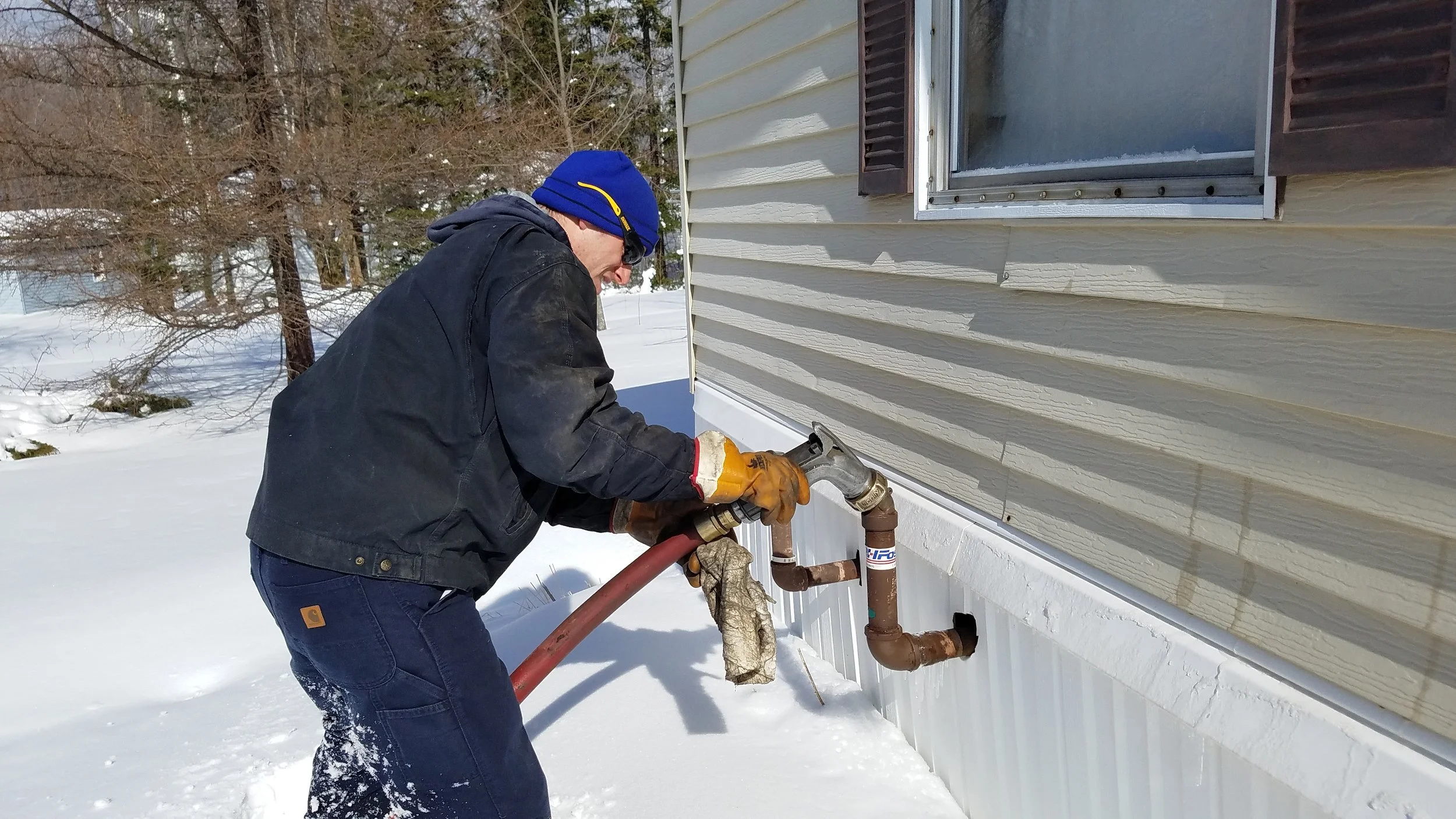Is My Hot Water Heater Efficient?
Water Heater Efficiencies
Your hot water heater has been burning through your oil, raising your electricity bill, or emptying the propane tank all month long. Chances are your hot water heater is not efficient. Let’s see what factors go into hot water heater efficiencies with Matt LaForest, one of our Certified HVAC Service Technicians at R. H. Foster.
There are several factors to consider when looking at water heater efficiencies.
First to consider is identifying which energy source is being used to heat the water. Most water heaters either use oil, propane, natural gas, or electricity to heat the water.
Secondly if your hot water is generated by your boiler there are two ways this may be:
The first way is a tankless coil that is immersed in the boiler water that transfers heat from the surrounding water to the domestic water inside a copper heat exchanger. While this system works well, it is not the most efficient way. This is because the boiler has to maintain a constant temperature (usually between 160 and 170 degrees) so hot water is available should it be needed.
The second way is an indirect water heater. Indirect water heaters are more efficient in the fact that they store a premade quantity of hot water in a storage tank so the boiler does not need to maintain a constant temperature. These units pipe into the boiler as another zone with a thermostat on the tank that only runs the boiler when enough water is drawn off the tank.
Another efficient way to make hot water is an on-demand propane or natural gas water heater. These units only fire up to make hot water when there is a demand for it. These units also usually have rebates to reduce the initial installation cost. If you have an electric water heater, the age of the unit should be considered. Electric units that are over ten years old may not have as much insulation to prevent heat loss as today’s modern units.
Units over ten years old should be considered for replacement due to the unit potentially leaking after this time frame as well.
(Check out our recent tip on identifying why your furnace could be leaking water.)
There also are heat pump water heaters available that combine a heat pump head with a standard electric unit to conserve electricity. They can be set for heat pump only mode, hybrid mode, and standard electric mode. On heat pump mode the unit uses a heat pump to make the hot water. This is the most electrically efficient mode, but it may not keep up with high demand hot water usage. The hybrid mode combines the efficiency of the heat pump for low demand periods with the quick recovery of the electric elements if needed for higher demand periods. They also have the additional benefit of taking moisture out of the area they are installed in and also have significant rebates to reduce the installation cost.




